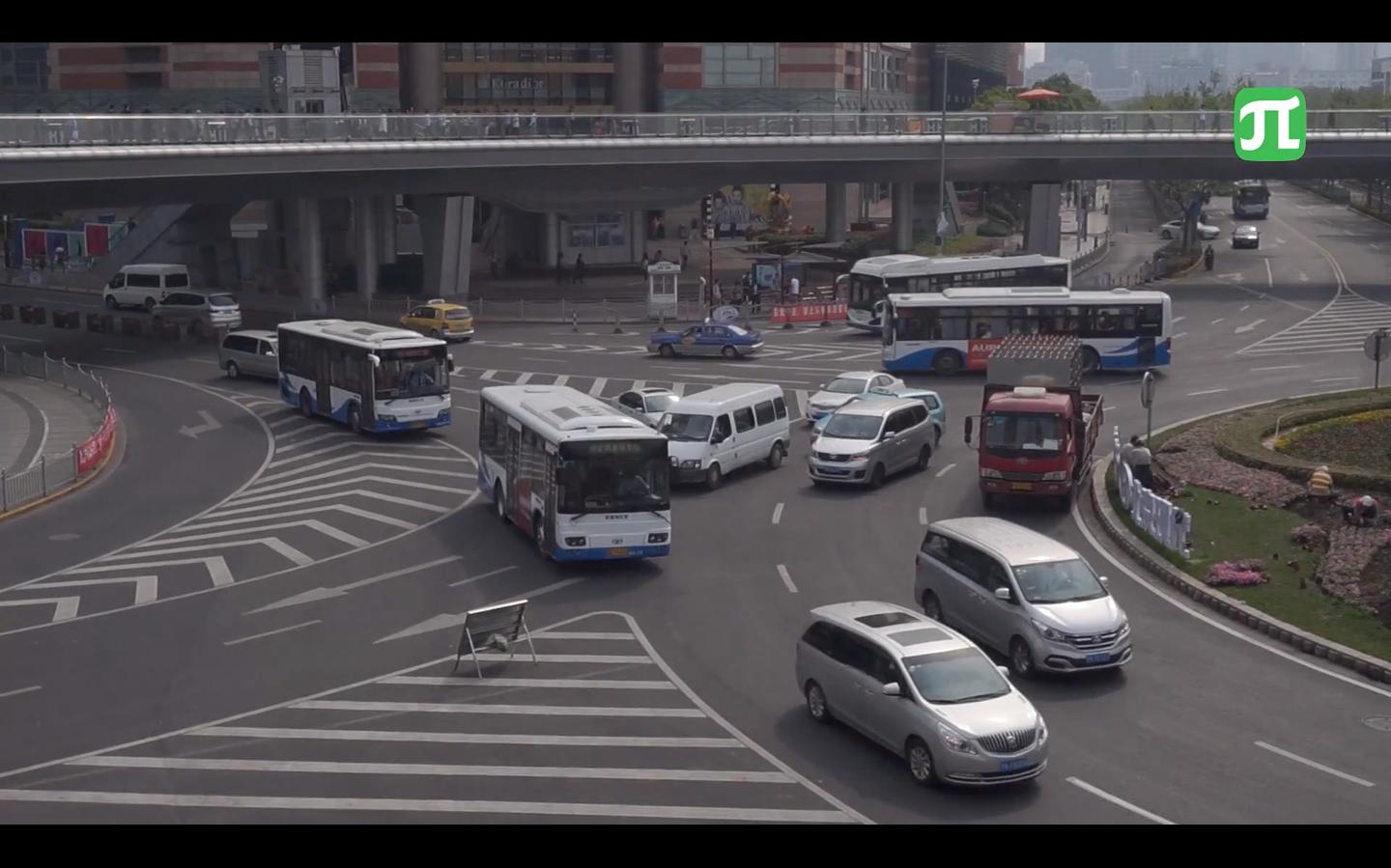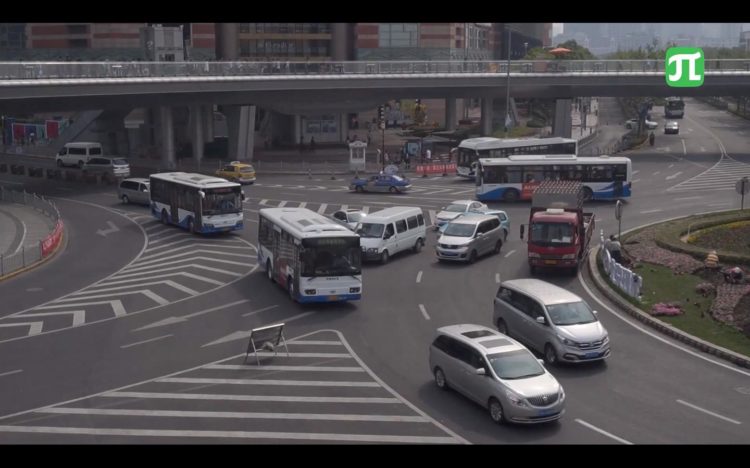Researchers developed a method to calculate the number of stops trucks make along their routes; the method confirms that toll roads are good for the environment

Credit: Peter the Great St.Petersburg Polytechnic University
A team of researchers from Peter the Great St.Petersburg Polytechnic University (SPbPU) developed a method to calculate the number of stops trucks make along their routes. The method confirms that toll roads are good for the environment. This will help reduce the volume of harmful emissions as well as transportation costs. The results of the study were published in the E3S Web of Conferences journal. The team believes they can promote the development of more rational transportation routes.
Cars are one of the main sources of air pollution. The combustion of fuel in the motor causes the release of numerous harmful substances into the atmosphere. Slow driving and idle motors consume the most fuel. Therefore, even and fast movement is less damaging to the environment than interrupted movement when a driver constantly slows down and speeds up. Trucks (that contribute a lot to air pollution) can move along toll roads with more uniform traffic. However, transportation companies often choose regular roads in order to save money. These roads usually go through towns and settlements where the drivers have to slow down, thus burning a lot of fuel and increasing the volume of emissions.
“Using the new model, we studied certain advantages of toll roads that regular roads lack. The idea was to show transportation companies that tolls can be less that the costs they incur when using regular roads,” said Nikita Lukashevish, an assistant professor at the Higher School of Management and Business, Institute of Industrial Management, Economy, and Trade SPbPU.
It is impossible to completely stop using trucks in the modern economy. Therefore, the damage from their operation has to be mitigated. The new method calculated the number of stops a truck makes on a regular road with many traffic lights and possible traffic jams. In a traffic jam a car fully stops, gains speed, moves at low speed, slows down, and then fully stops again. This cycle can be repeated over and over. All these factors were taken into consideration by the researchers. The calculation of the cycles shows that the use of toll roads is not only eco-friendly, but also economically feasible. Many companies forget that toll roads can reduce their fuel consumption as well as the overall time of transportation.
The main advantage of this method is its simplicity. To calculate the number of stops, the method uses the data from the popular Yandex.Traffic application. It provides information about the size of each traffic jam and the speed of movement in it. However, this is not enough. For the method to be widely used, additional data is required that can be gathered using the GLONASS and GPS systems.
“Transportation companies can help with it as many trucks have these systems installed on board. In the future the companies might be able to use this method in order to develop the most efficient routes,” said Egor Temirgaliev, a senior lecturer of the Higher School of Management and Business, Institute of Industrial Management, Economy, and Trade SPbPU.
###
Media Contact
Raisa Bestugina
[email protected]
7-812-591-6675
Related Journal Article
http://dx.





